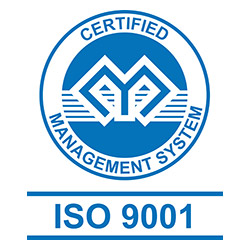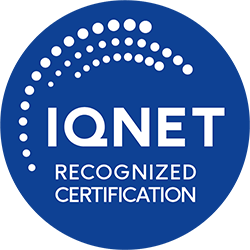Cyprus has introduced the Work/life Balance Law 216(I)/2022, implementing EU Directive 2019/1158 and granting new rights to parents and carers.
While the law enhances employee wellbeing, it also creates new compliance obligations for employers and the businesses that act early do not only avoid penalties but also showcase themselves as attractive, family-friendly workplaces.
Key provisions
The law expands on previous legislation on parental and family leave. Paternity leave now entitles fathers to two consecutive weeks of paid leave, regardless of marital status, with entitlement also applying in cases of stillbirth. Where the mother dies during childbirth or maternity leave, the father may take any remaining leave.
Parental leave grants each parent up to 18 weeks per child, with widowed or single parents entitled to additional weeks. Leave may be taken flexibly, either continuously or in parts of minimum 1 day, subject to employer acknowledgement, while parents may transfer a portion of their entitlement to each other.
Carer’s leave introduces up to five unpaid working days per year to care for a relative or household member with serious medical needs, supported by medical certification.
Force majeure leave provides up to seven unpaid days annually to deal with urgent family matters caused by illness or accident. Unlike the previous framework, these days do not need to be consecutive and are not restricted to dependants.
Finally, the law creates a right to request flexible working arrangements such as remote work or adjusted schedule. This applies to parents of children up to eight years old and employees with caregiving responsibilities, provided they have completed six months of employment. Employers must give written responses to such requests within one month and consider both business needs and employee circumstances.
Why it matters for employers
Non-compliance may lead to fines of up to €7,500, invalid dismissals, or reputational harm. Employers should see this as an opportunity to devise robust policies and family friendly practices so as to enhance recruitment and retention in a competitive talent market.
Next steps for businesses
To comply effectively, companies should review existing contracts, staff manuals and leave policies to ensure they reflect the new rights introduced to by the law. Clear internal procedures for handling flexible work requests must be established, supported by training for managers so they can respond appropriately. Just as importantly, employers should communicate changes to employees in a transparent manner in order to manage expectations and demonstrate commitment to a supportive workplace culture.
Looking ahead
Certain areas, such as refusals of flexible work requests, are likely to generate disputes. Test cases in the coming years will further shape employer obligations and companies that prepare now will be best placed to adapt smoothly to the new environment.
Our employment law team can assist in updating your policies, drafting compliant documentation/ manuals and ensure smooth implementation of the new law.









